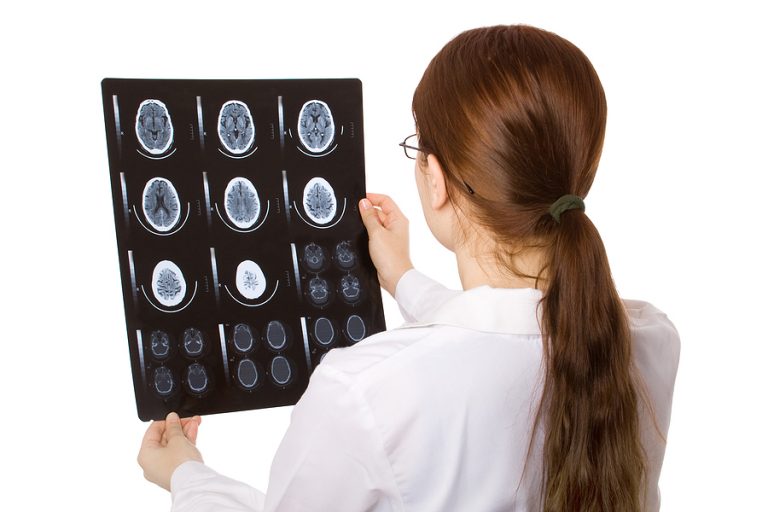A Look at 4 Types of Traumatic Brain Injury and What This Means for Your St Petersburg Claim
 Michael Babboni
Personal Injury
Auto accidents can prove to be catastrophic for all involved and can result in a range of different injuries and severity. A traumatic brain injury, or TBI, is one such serious injury one may experience as the result of an auto accident on St Petersburg’s roadways.
Michael Babboni
Personal Injury
Auto accidents can prove to be catastrophic for all involved and can result in a range of different injuries and severity. A traumatic brain injury, or TBI, is one such serious injury one may experience as the result of an auto accident on St Petersburg’s roadways.According to the Centers for Disease Control and Prevention, more than 64,000 people die from traumatic brain injuries each year and more than 223,000 are hospitalized due to these injuries. The most at risk were those over 75 years of age, and males were two times more likely to be hospitalized.
With that in mind, let’s take a closer look at different types of TBI and what this could mean for your car accident claim.
Coup-Contrecoup Brain Injury
This traumatic brain injury occurs due to a significant impact to the brain. During the impact, the brain hits the opposite sides of the impact site. These injuries often result in immediate symptoms and often occur in more serious car accidents. The treatment and recovery process for this injury is extensive.
Concussion
A concussion is a mild (TBI) traumatic brain injury and is one of the more common types you will typically see after an accident. A concussion is caused by a sudden blow to the head. The blow jostles the brain inside the skull, and the brain accelerates in the direction of the impact.
An easier way to understand this is that it essentially shakes the brain. Concussions can be mild to more severe but can also cause lifelong damage that can permanently alter one’s mood, behavior, and cognitive function.
Brain Contusion
A brain contusion is similar to a concussion and is a bruise on the brain that may cause bleeding. Surgery may be required if the bleeding doesn’t stop on its own. The extent of the damage a person experiences can vary depending on a number of factors, including the location and size of the bleed.
Diffuse Axonal Injury
This is also similar to a concussion but is much more serious. The head moves violently, and the brain stem can’t keep up with the heightened movement, which can cause a tear in the brain. The tears can be microscopic or large and ultimately prove fatal.
Long-Term Effects of a TBI
Some of the more common long-term symptoms associated with a TBI sustained in an accident include the following physical, emotional, and cognitive effects:
• Difficulty lifting objects
• Sudden and uncontrollable movements
• Paralysis
• Memory loss
• Confusion
• Difficulty focusing
• Shift in personality
• Become easily frustrated
• More aggressive
• Irritable
• Depressed
The Costs of a TBI
In many cases, the initial costs of treating a TBI after an accident can be astronomical. So, if you or someone you know has been involved in an accident and suffered this kind of injury, you want to find an experienced and knowledgeable personal injury attorney in St Petersburg who can help you recover damages for your pain and suffering.
Treatment for TBIs can include a lengthy hospital stay, which also means an extended time away from work. If another person’s negligence caused this, you should not be held responsible financially for your recovery and treatment.
Many TBIs will require bed rest, prescription medication, induced comas, surgery, and sometimes mental and physical rehabilitation. All these costs can quickly add up, leaving you crushing under a mountain of debt.
The Value of Your Claim
It is hard to determine the exact value of this kind of claim because many factors need to be considered. Since you were in a Florida auto accident, you may also be concerned about Florida’s no-fault insurance system because personal injury protection (PIP) won’t usually cover all the medical bills associated with this kind of injury.
However, there is a severity threshold. So, if the injury is significant and permanent, you can settle in court instead of negotiating with the insurance company.
